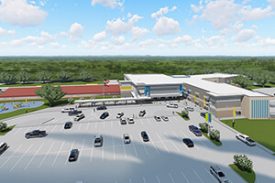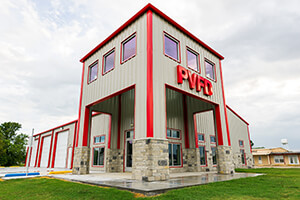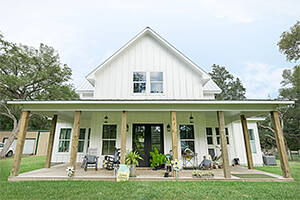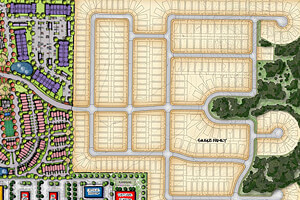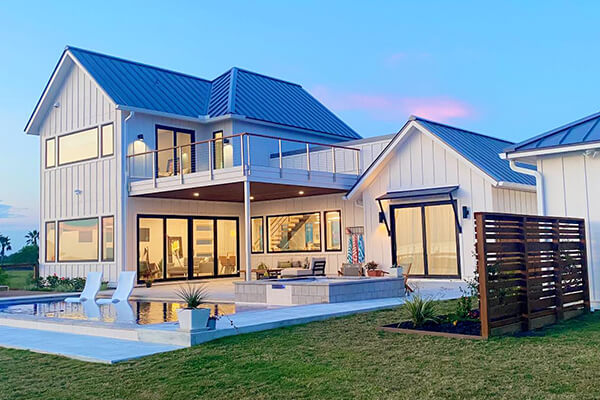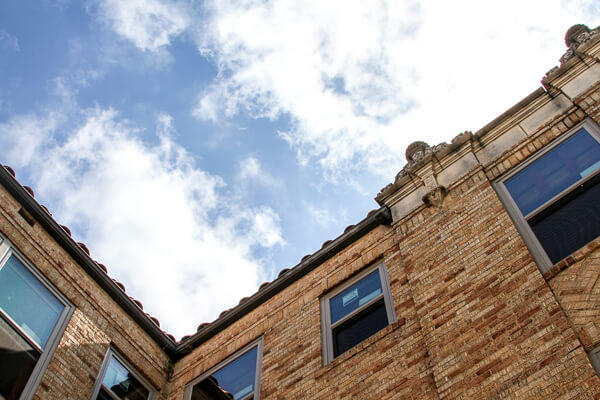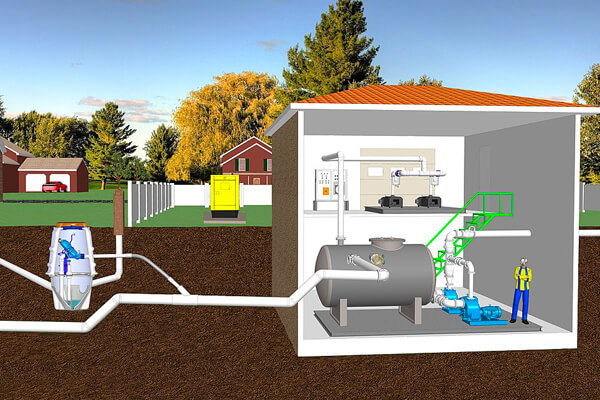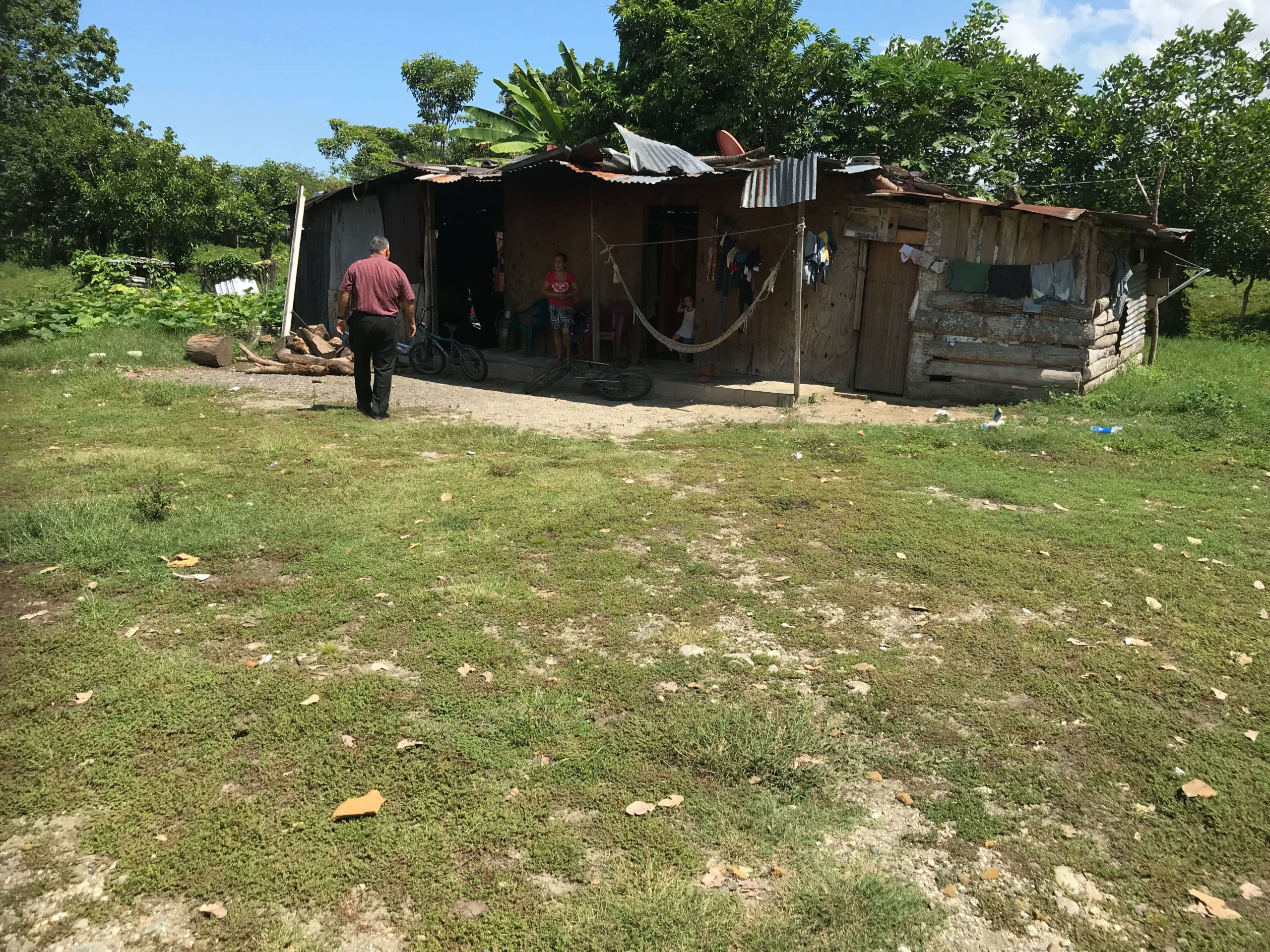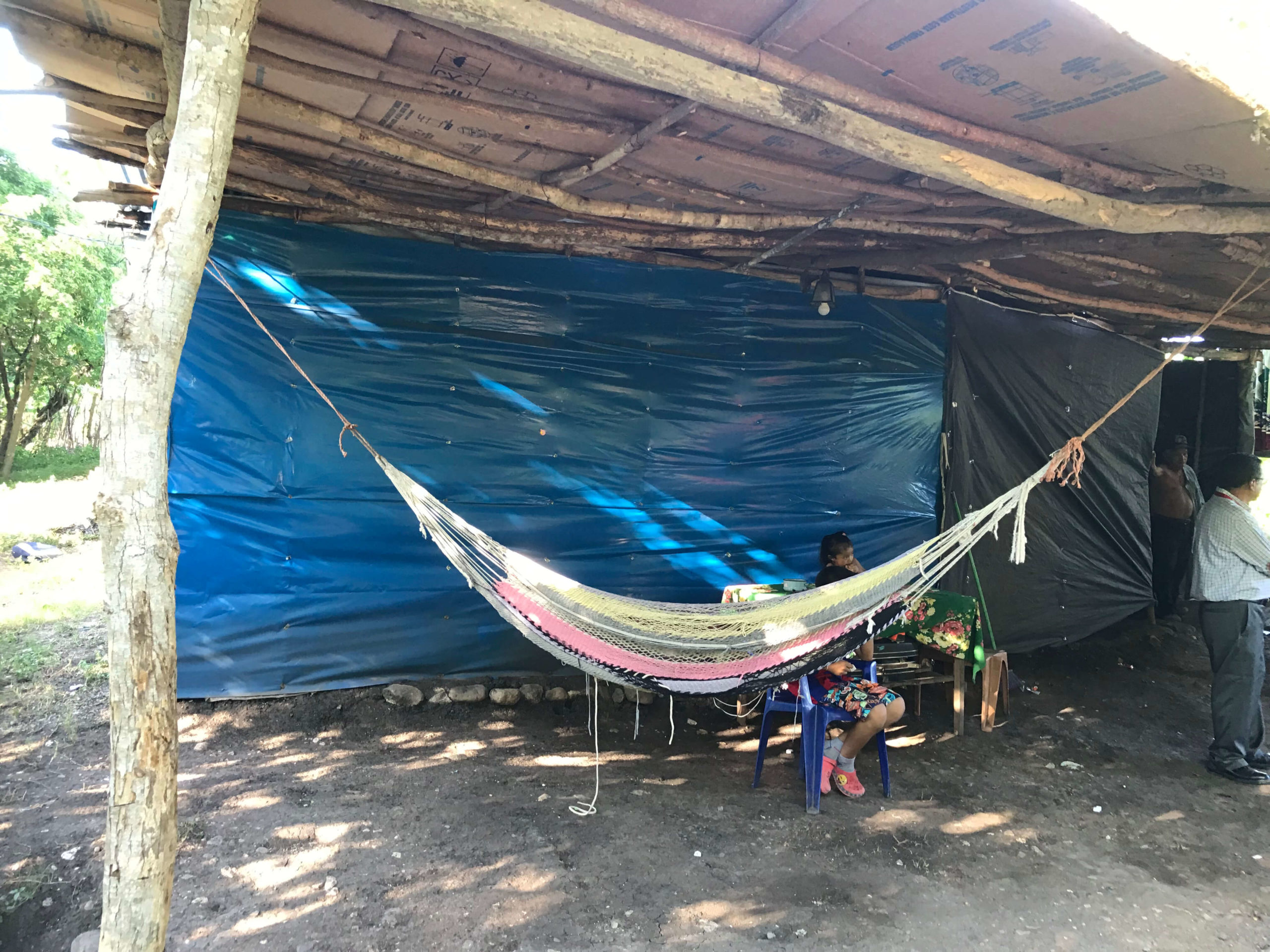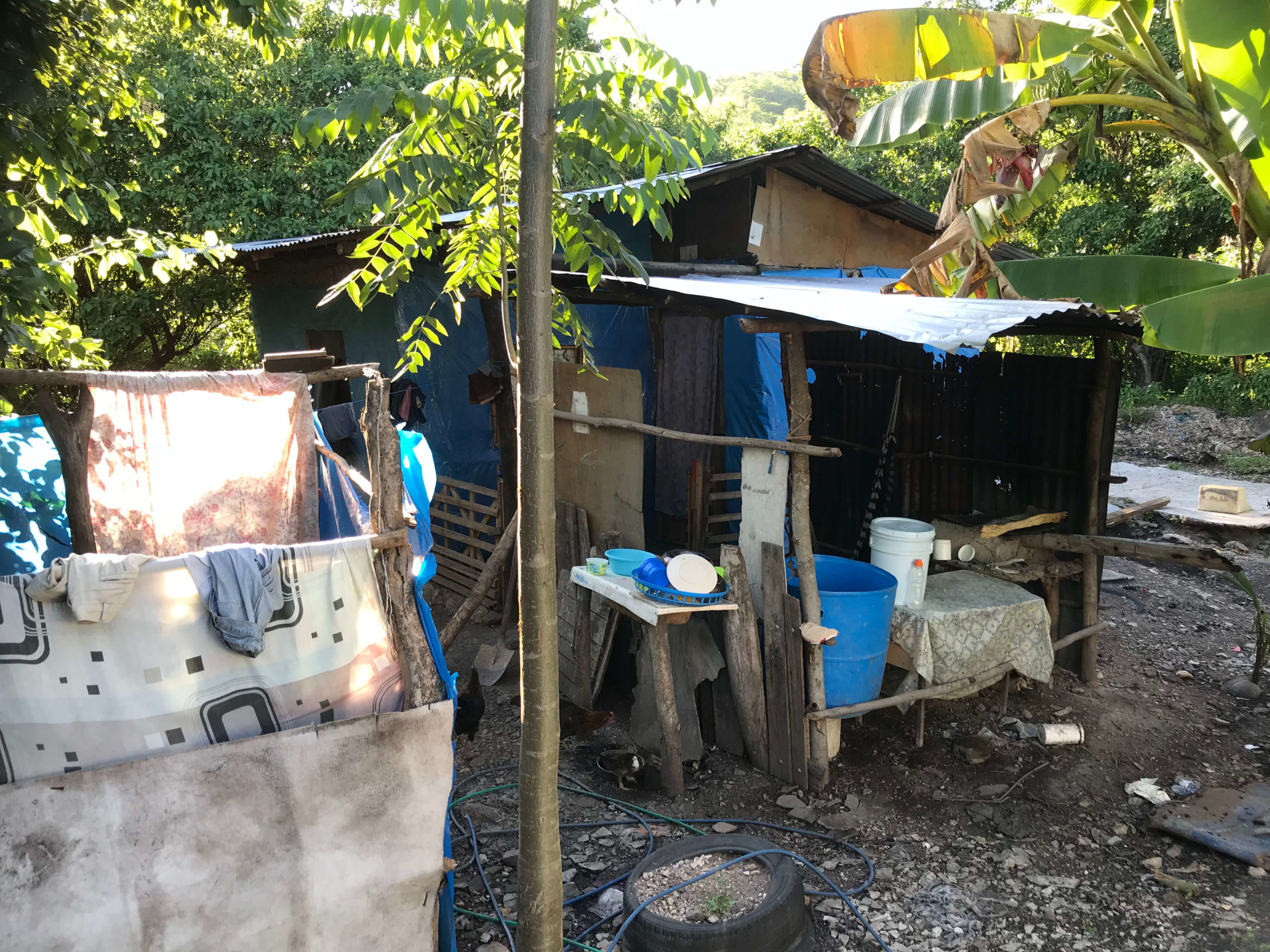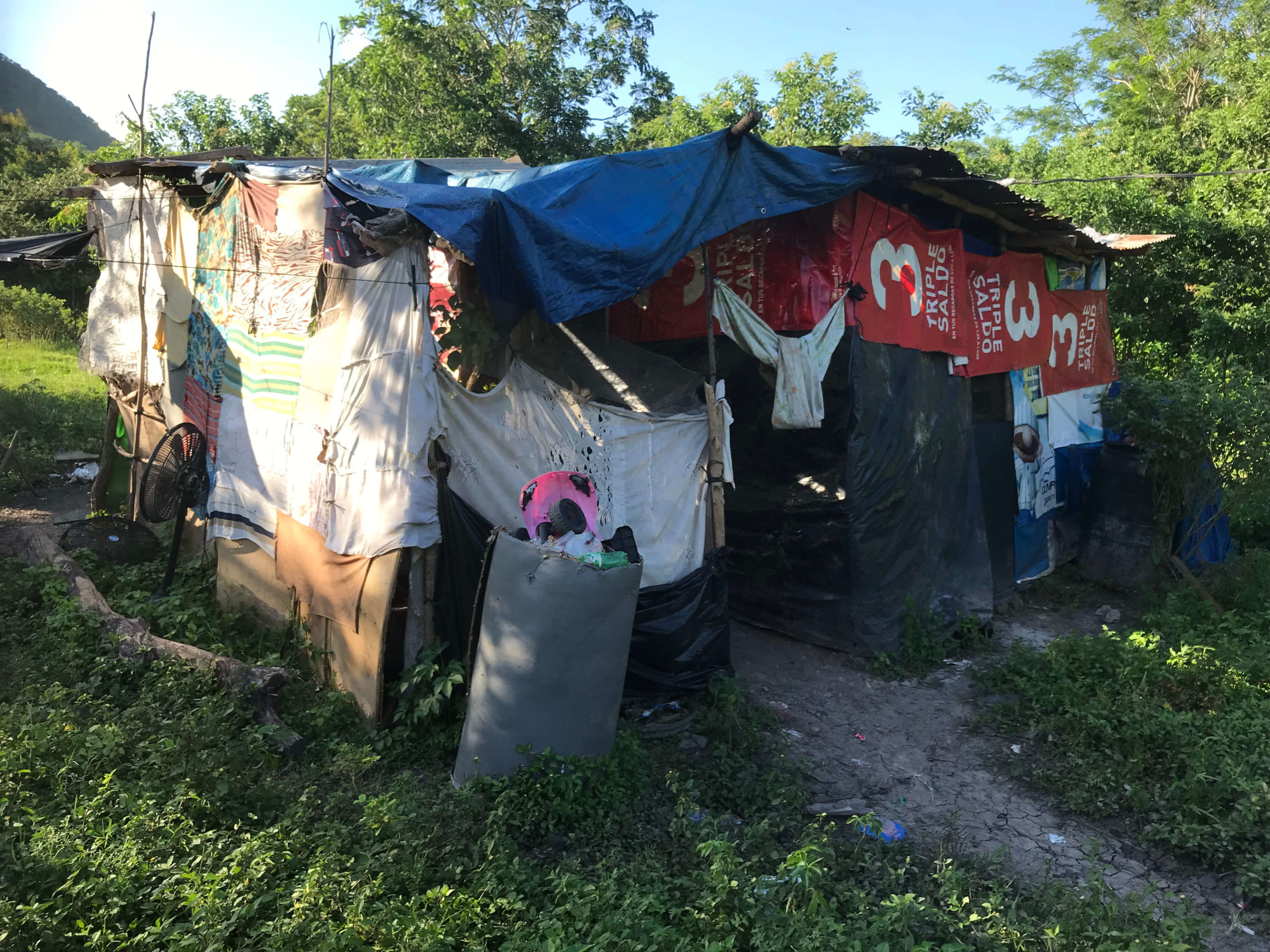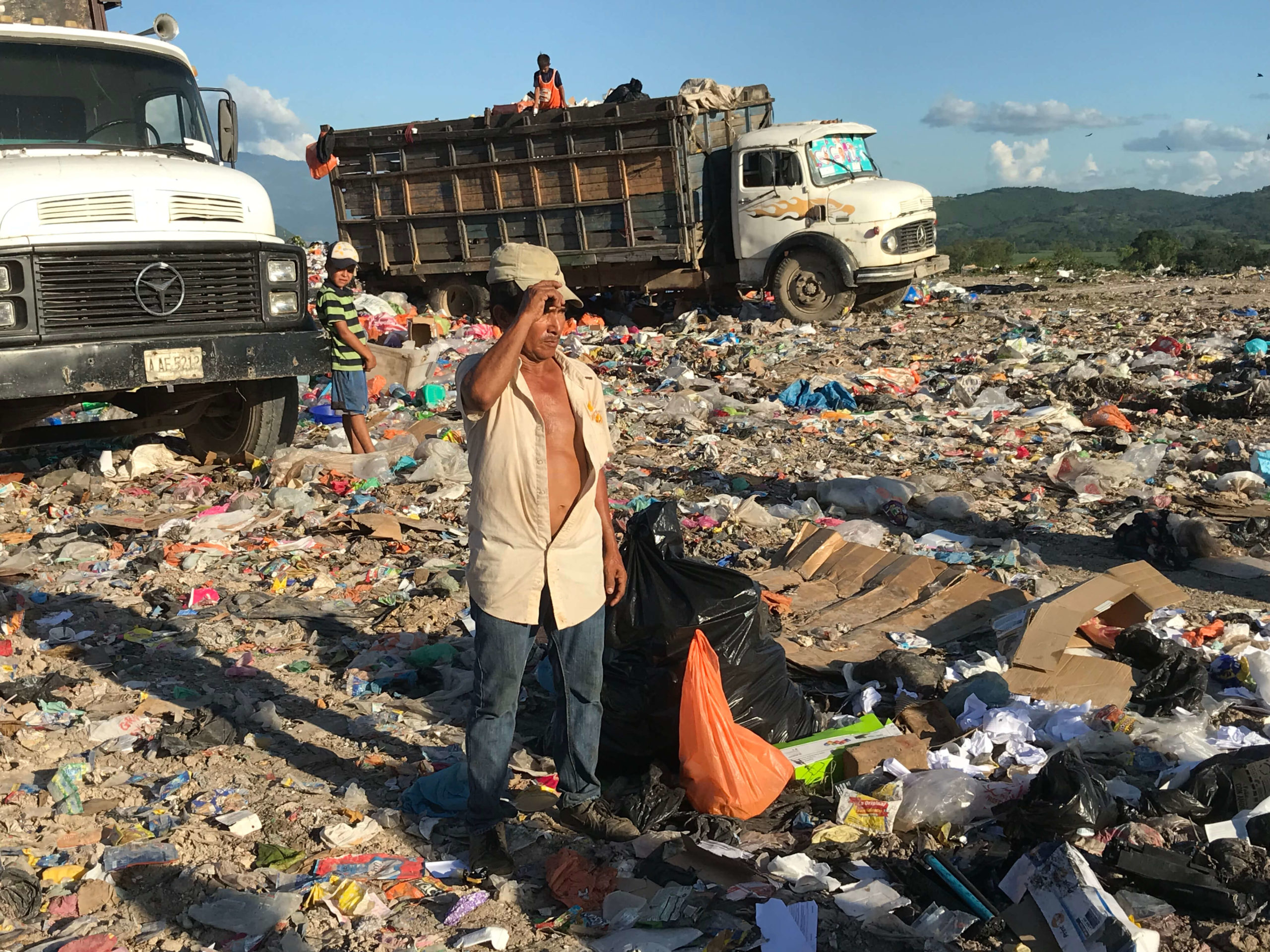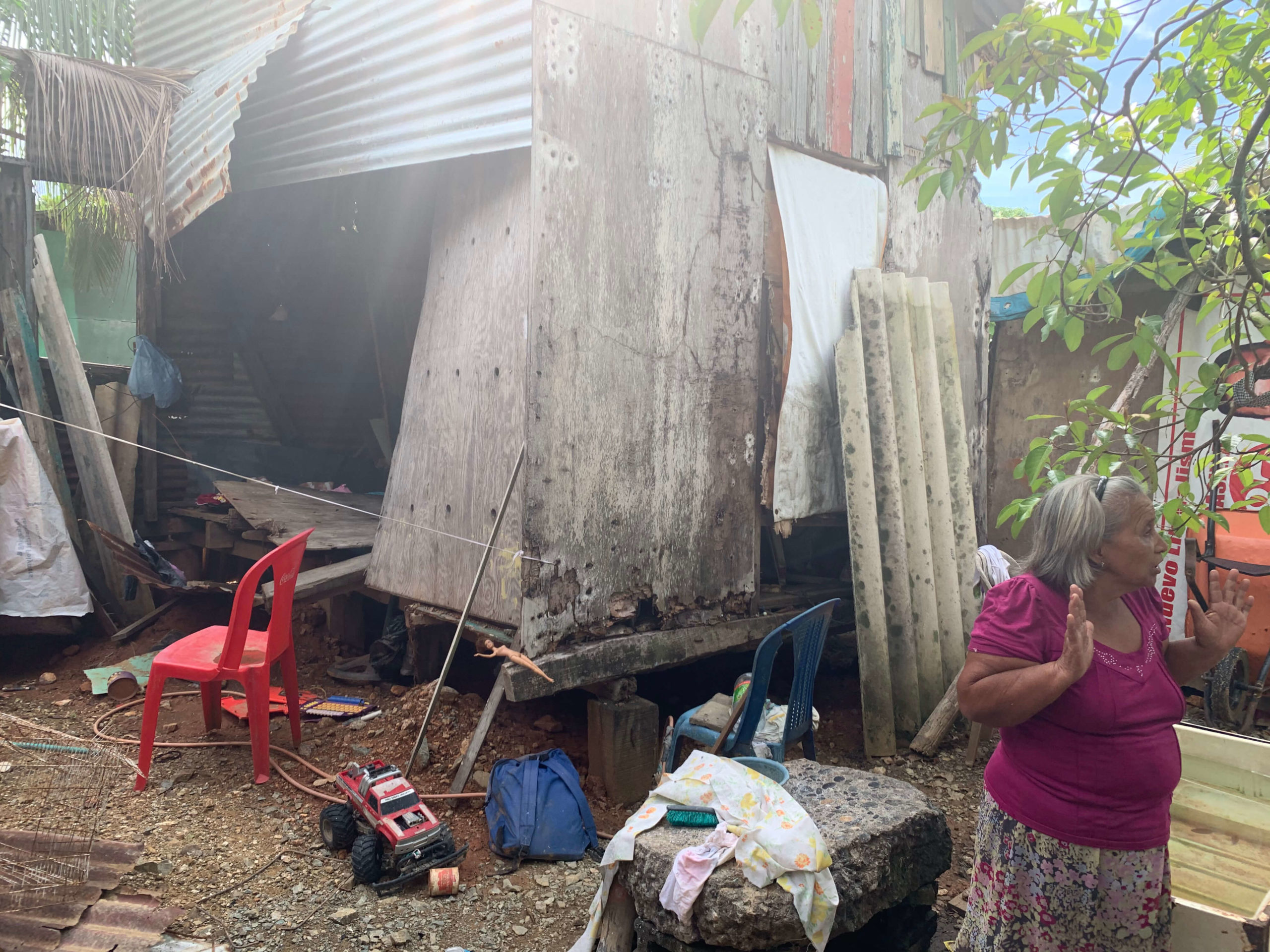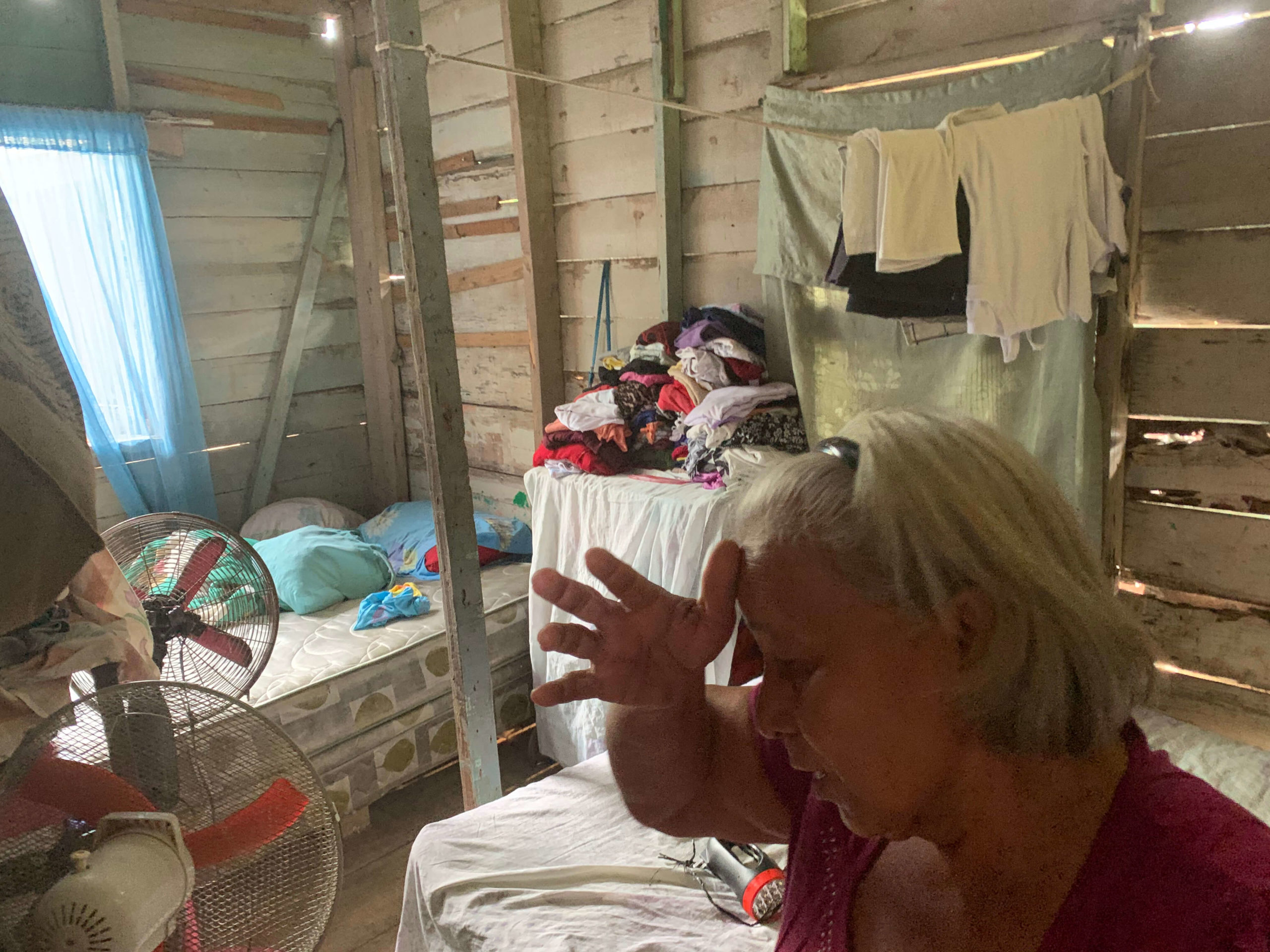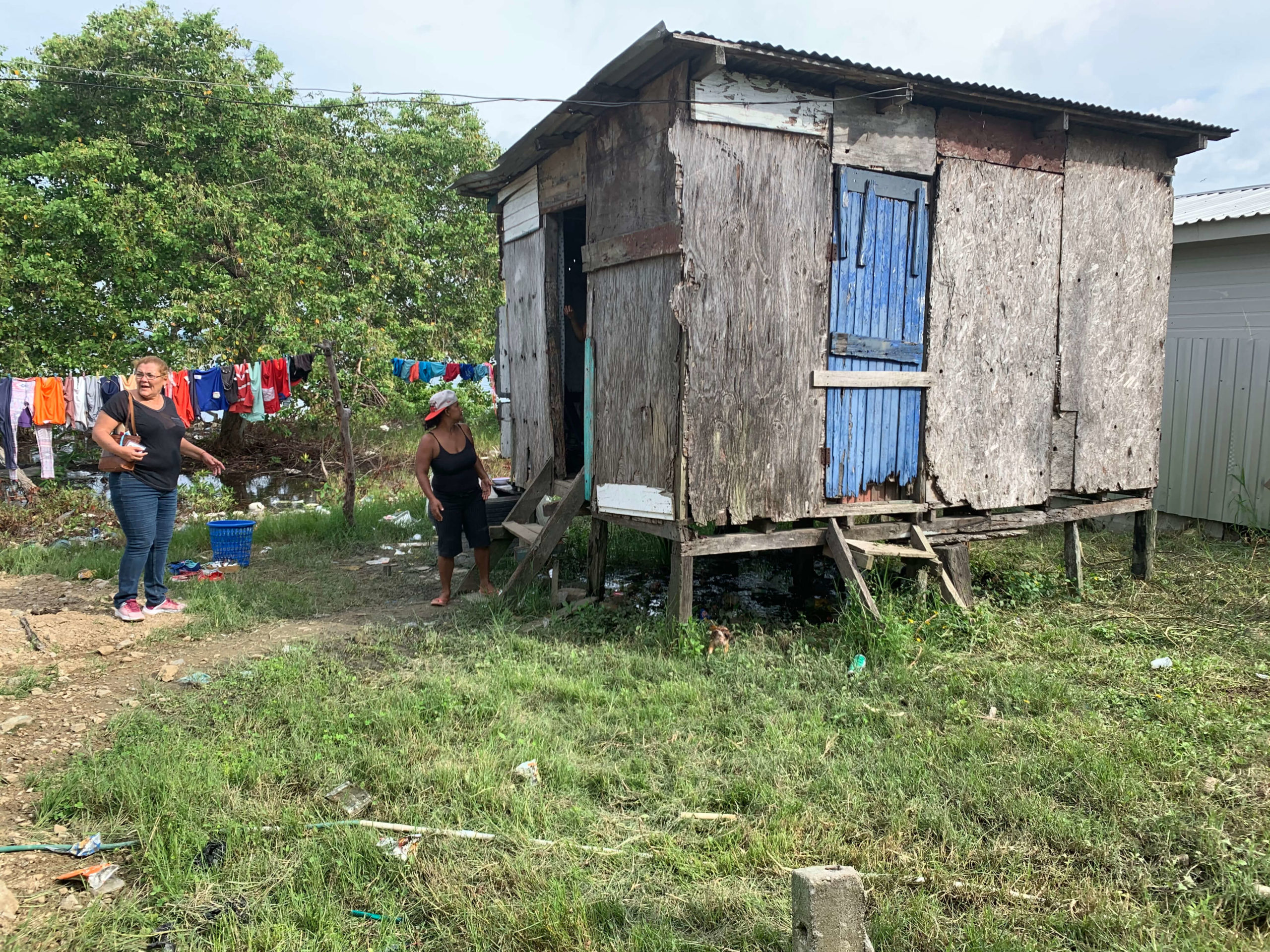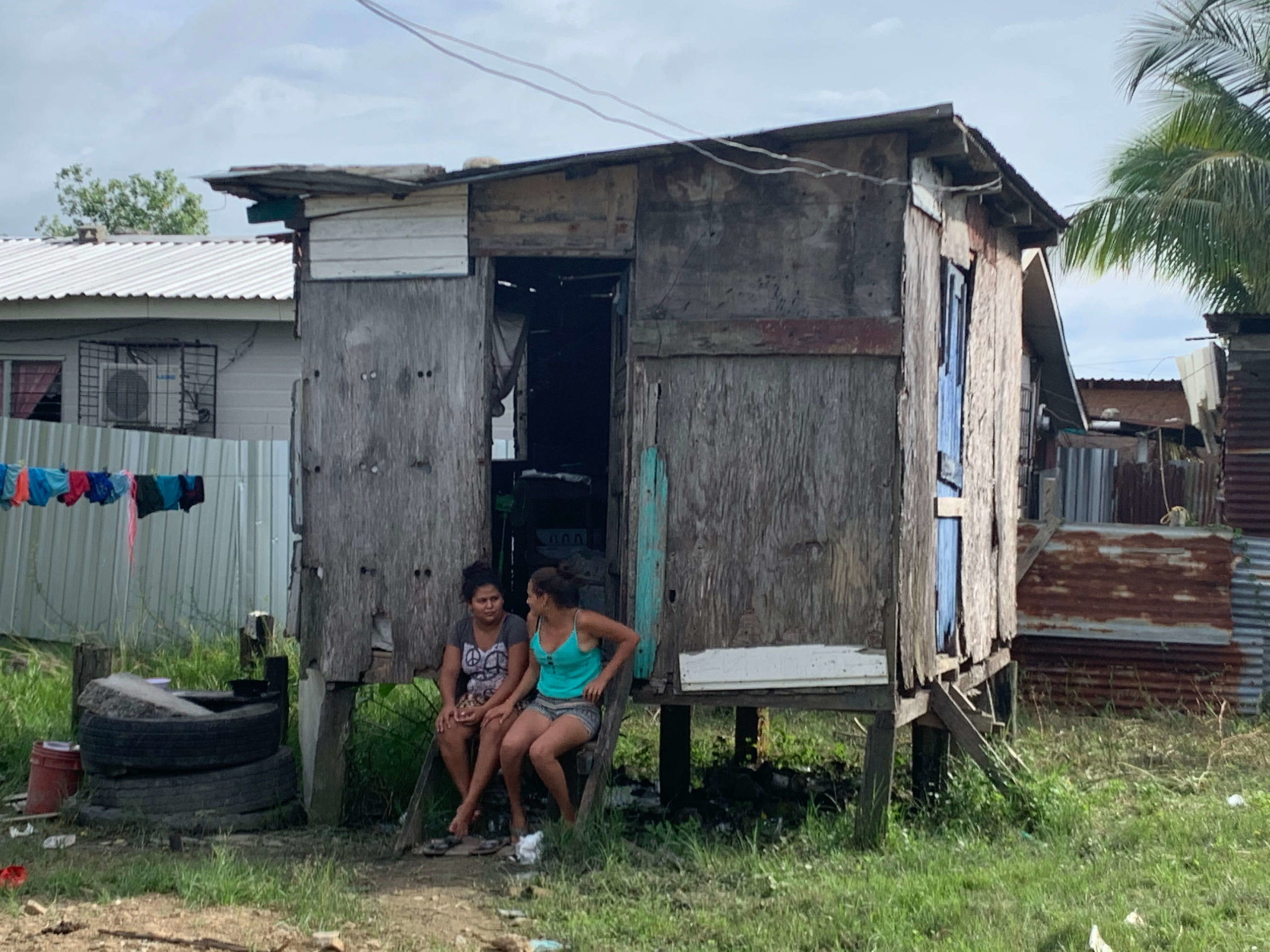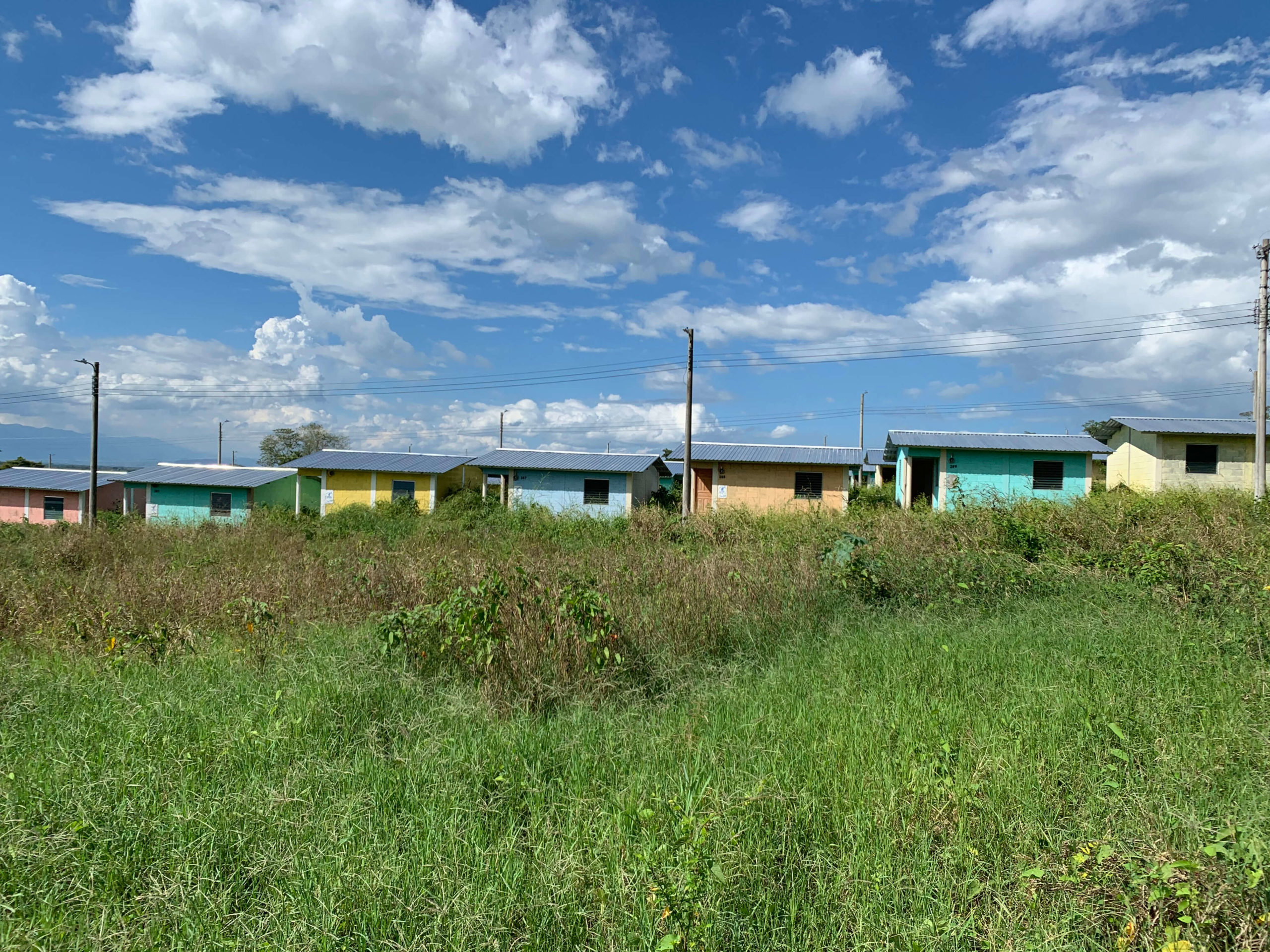- About Us
Resources
"After years of working together, we use Lynn Engineering exclusively and tell the families that we’re building for that they are in good hands."
— Krystle Henson,
KC Coastal, LLC
- ServicesOur team has spent years working throughout the Texas Coastal Bend on projects for both public and private sectors, developing lasting relationships with our clients.
Specializing in designing projects located in the high wind zones of the Texas Gulf Coast. Our experience includes mild reinforced concrete, post-tensioned concrete, timber, steel, and masonry structures.
Windstorm regulations are complex. We will engineer your new construction or alteration project to meet the design requirements of the code.
Land planning, zoning assistance, stormwater analysis and cost estimation for both commercial and residential clients.
Our team has spent years working throughout the Texas Coastal Bend on projects for both public and private sectors, developing lasting relationships with our clients.Specializing in designing projects located in the high wind zones of the Texas Gulf Coast. Our experience includes mild reinforced concrete, post-tensioned concrete, timber, steel, and masonry structures.
Windstorm regulations are complex. We will engineer your new construction or alteration project to meet the design requirements of the code.
Land planning, zoning assistance, stormwater analysis and cost estimation for both commercial and residential clients.
We employ a full-time architecture staff. Our clients benefit from a one-stop shop from planning to design and on to construction.
- Locations
Matagorda, Brazoria, Calhoun, Jackson, Galveston, Chambers and Jefferson Counties
Aransas, Refugio and San Patricio Counties
San Patricio, Nueces, Kleberg and Kenedy Counties
Development in and around the Dallas-Ft. Worth MSA
Matagorda, Brazoria, Galveston, Chambers and Jefferson Counties
Aransas, Refugio and San Patricio Counties
San Patricio, Nueces, Kleberg and Kennedy Counties
Development in and around the Dallas-Ft. Worth MSA
- Projects
Rohe Builders partnered with Lynn Engineering to build a beautiful custom home on the coast in Seadrift, Texas with a wall of large windows that produce beautiful panoramic…
TideWater Properties, a custom homebuilder in Rockport, Texas worked with Lynn Engineering to design and build a beautiful waterfront home on the Texas Gulf Coast.The historic BayTex Hotel on West Sixth Street in Bay City, Texas, first opened in 1927 with 49 guest rooms and a first-floor restaurant, becoming the crown jewel…
The community of Port O’Connor, Texas, south of Victoria on West Matagorda Bay, has experienced growth in recent years. The vacuum or pneumatic sewer system installed in 2000 has been underperforming of late.
Rohe Builders partnered with Lynn Engineering to build a beautiful custom home on the coast in Seadrift, Texas with a wall of large windows that produce beautiful panoramic…
TideWater Properties, a custom homebuilder in Rockport, Texas worked with Lynn Engineering to design and build a beautiful waterfront home on the Texas Gulf Coast.The historic BayTex Hotel on West Sixth Street in Bay City, Texas, first opened in 1927 with 49 guest rooms and a first-floor restaurant, becoming the crown jewel…
The community of Port O’Connor, Texas, south of Victoria on West Matagorda Bay, has experienced growth in recent years. The vacuum or pneumatic sewer system installed in 2000 has been underperforming of late.
- Careers
"The people I work with are interested in me as a person, and not just the job that I do."
— Brandi, Client Relations Specialist
Since August 2016Open Positions
Our Culture
"The people I work with are interested in me as a person, and not just the job that I do."
— Brandi, Client Relations Specialist
Since August 2016
Honduras
Editor’s Note: This post is a first-person narrative of a recent visit to Honduras by members of the Lynn Engineering team to participate in and experience Vision2030 intiatives.
We departed from Houston at 9:34 a.m. on Oct. 23, 2019 headed for the northern part of Honduras. The combination of my obesity and slight anxiety typically makes air travel insufferable, but this was far from being any usual flight for me.
Before takeoff, my nerves were calmed by our new friend Lesly Clervil. Lesly is a representative for Food for the Poor. He’s the one who helped me step out of my comfort and privilege and into the country’s main transport hub and the location of many of our housing projects in Central America: San Pedro Sula.
Our plane touched down at Aeropuerto Ramon Villeda Morales at 11:20 a.m. where we met with our translator and guide Lucia, an employee for CEPUDO. Food for the Poor partners with many non-governmental organizations, including The CEPUDO Foundation, to aid with construction projects and food distribution for the most at-risk and impoverished people in the world. CEPUDO oversees all FFP’s projects in Honduras. Lucia introduced us to our security detail, Don Marcos, and driver, Pedro. This dynamic duo is comprised of the coolest cats in San Pedro.
Although the Honduran Constitution establishes housing as a human right, upward economic mobility and land ownership often seem unattainable for people struggling to earn a living wage. FFP and CEPUDO have worked for more than a decade to successfully relocate those living in dangerous and unsanitary conditions to sustainable neighborhoods near the areas where they grew up and feel most connected.
One of the communities impacted most by the housing crisis in Honduras is the city of Puerto Cortes, located directly on Laguna de Alvarado. In Puerto Cotes, one of the first families we spoke with, a family of six, described the constant smell of sewage from years of waste being disposed in the lagoon just feet away. They spoke about the disastrous effects of minor flooding.
Homes in this area are constructed with whatever pieces of scrap wood and metal can be found. They are often held together with discarded plastic tarps, cardboard and rope. However. the family unit is held together by much stronger material.
The elder of the house, a frail abuela amazed by Stuart’s height, offered us coffee and a place to sit while explaining the positive impacts of relocation to their new homes – such as her grandchildren having the opportunity to attend school and access to clean water, things we often take for granted.
Many Hondurans lack access to adequate public schools, which leads to an ever-increasing number of children being forced into the labor market to support their families. A portion of this child labor force is being recruited into the growing criminal organizations.
We were introduced to Roger, the supervisor/teacher at Hogar Crea Children’s Home, which is home to thirty plus young men trying to safely transition back from a life of crime. FFP and CEPUDO are currently working towards installing a new underground cistern to provide clean water for the youth living here.
The next day we drove outside of the local municipality to the banks of the Rio Blanco in San Pedro Sula. There, we listened to the needs of another community dealing with similar housing problems.
While on the river, we were greeted by a young girl cooking breakfast for a large group of kids. They had gathered around while their parents were out at work. This was a school day. The situation on the Rio Blanco mimics the housing disparity on Laguna de Alvarado with homes being so closely located to a body of water that is very prone to flooding.
The mothers living in this area recount the constant battle against the elements to keep their children healthy and safe. Like the area in Puerto Cortes, Rio Blanco families have already begun moving from the riverbanks into one of the towns being constructed with funds raised by FFP.
The realization that every project we’re involved in at home contributes to giving generations of people living in despair the opportunity to let education and safe spaces shape their futures makes designing foundation and framing plans seem a lot less menial.
Another initiative being undertaken in San Pedro Sula was at Ciudad Mujer. This is a campus built in November 2018 to provide security and bring awareness to women affected by domestic violence. The center also supplies women with education and literature regarding sexual and reproductive health.
Friday morning after breakfast, we headed north of San Pedro to a fishing village in the town of Omoa – near the border of Honduras and Nicaragua. The experience driving down from the mountains to the coast, the hospitality of these fisherman, and the juxtaposition of walking white sand beaches while surrounded with mountainous jungles could almost make one forget the stories of anguish and pain heard along the way.
Unfortunately, though, this also is an area in need of responsible housing solutions.
Jaley, Jenay, Stuart, and I sat around listening to what began as familiar stories being told amongst fishing buddies that soon transitioned into friends discussing the need for adequate housing and networks of reliable public schools.
All the elementary age students were being taught by a single teacher named Alexi, a 25-year-old university graduate who commuted an hour one-way each day from San Pedro to Omoa. Sitting in with the students, one of the kids offered us the few leftover sweets that he brought from home for his birthday. It’s hard to explain the impact this small gesture had on me.
Down the street, FFP and CEPUDO have recently acquired land to begin developing a site for the relocation of these students and their families.
After leaving Omoa, we traveled to the municipality of Villanueva in the Honduran department of Cortes. Once in Villanueva, we traveled to a village located on the local garbage dump. Nearly a mile before we pulled up to the dump site, we could smell the strong stench of garbage.
Dealing with the lack of gainful employment forces parents and children alike to work alongside each other, digging through hills of trash looking for anything of value. I met a father at the dump that told us his dreams were to one day be able to provide for his daughters the way Stuart provides for his. Just like the previous areas we are working to develop, the people living here are in need a respectable township.
Saturday was our last day in Honduras. That morning we headed out to the multiple communities that are already built or are in the process of being built.
The positive energy flowing from the families living in their new homes was palpable. It’s hard to imagine, coming from a life of extreme privilege, how much of an impact having a safe local pulperia (store/restaurant), a front door with a lock and access to clean water has.
The work we do here is having a direct and immediate impact on the most vulnerable people on Earth. Leaving Houston, I wasn’t sure what I was stepping into and out of. My change in perspective makes it hard to not feel the exact opposite as we lift off headed home.
